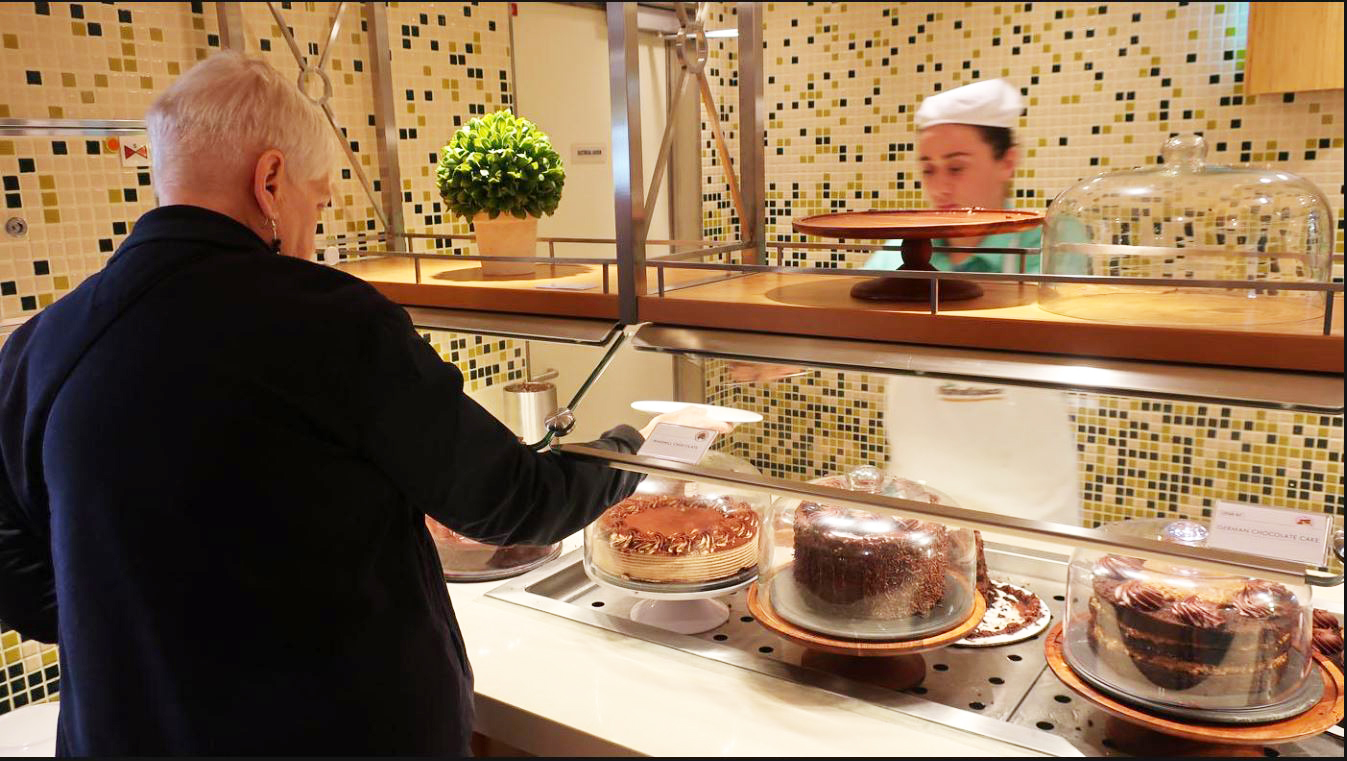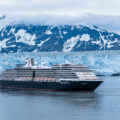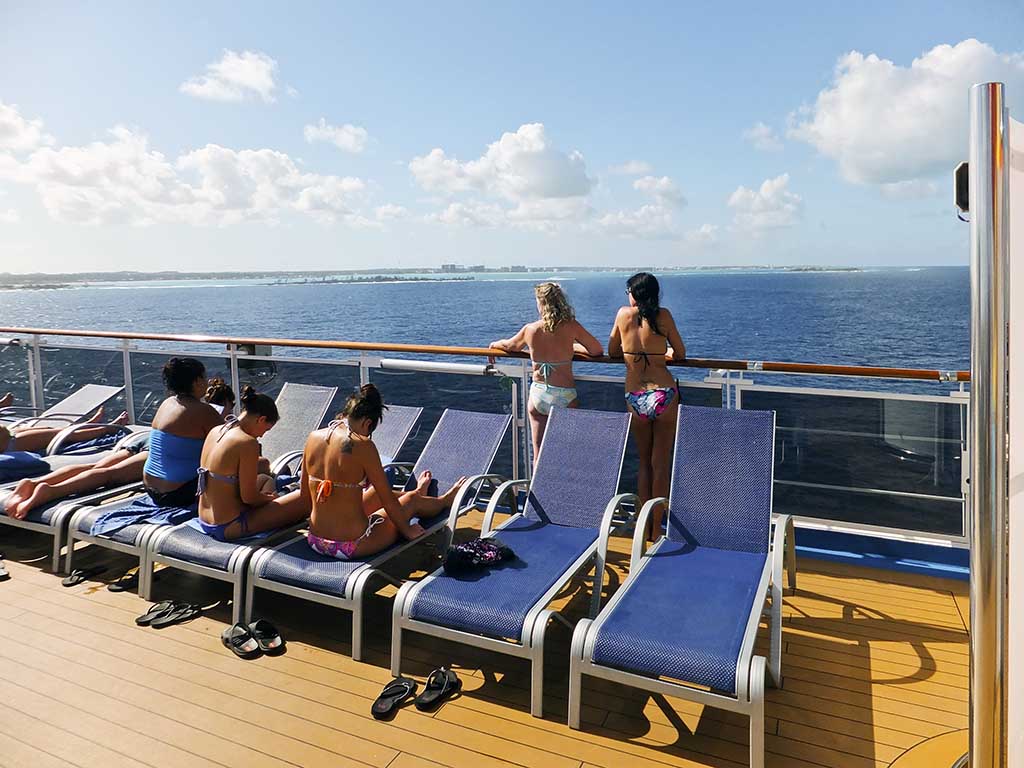
Viewing the vast arrays of food on offer in buffets on Carnival Cruise Line ships, you may not realize the world’s largest cruise company has managed to cut food waste by 44 per cent in the past five years.
The secret is an ongoing Less Left Over food management strategy focused on finding smart ways to ensure food and ingredients don’t go to waste, the company said, announcing it’s a full year ahead of its goal of a 50 per cent reduction set for 2030.
Since 2019, the company has avoided over $250-million in food costs by carefully montoring its preparation and meal service schedules to reduce the amount of uneaten food while keeping almost 13.5 million annual guests feeling well fed, said Josh Weinstein, CEO of Carnival Corp.
“But more than that, it’s also a global rallying cry that is turning everyday actions into lasting impact by nurturing a shared mindset among our 160,000 talented team members – a mindset that values creativity in delivering amazing meals for our guests and crew while getting the most out of our resources. It’s great for the planet and our bottom line.”
The company has gone high tech to monitor how much of each item on menus gets left behind. Using real-time analytics and intelligent systems, it plans efficient ingredient purchasing, menu planning, and prep-to-plate precision, Weinistein notes. AI-powered systems have been added to the data tracking of dining patterns to adjust food preparation to meet demand minute by minute.
And something that has raised social media concerns with some guests is a program to design “just right” portions. But the company says guests always have the option to come back for a second helping.

There will still be leftovers and Carnival is expanding its program of donating surplus ingredients and meals to a growing network of food banks in communities its ships visit.
Then there are ways of getting creative with recycling food scraps. Some of the more inventive programs are upcycling used coffee grounds to produce vegan soap products or converting used cooking oil into biofuel for its land-based tour bus operations in Alaska.
Even when leftovers cannot be repurposed into other resources, Carnival is investing in innovative waste management technologies and systems to minimize the impact of the small amount of unused food scraps that remain. Going well beyond regulatory requirements, these combined technologies substantially limit the impact from conventional food waste disposal methods, such as landfills, while contributing to even more sustainable and efficient operations, Weinstein says.
For example, there have been over 630 on-board biodigesters installed fleetwide as of the end of 2024. These metallic stomachs use natural bacteria to organically break down and liquify uneaten food to a tiny fraction of its original volume. Carnival Corp. also relies on over 90 dehydrators and dryers installed across the fleet to remove excess water from hard-to-break-down food items, such as fruit rinds, shrinking the volume of hard waste by approximately 90 per cent. The dried material can then be ground down into an organic pulp for possible use as organic mulch and compost.
The food management strategy is part of a broader corporate focus on keeping products and materials in use as long as possible through reuse, recycling, refurbishment and maintenance, Weinstein says.
Story by Wallace Immen, The Cruisington Times









1 Trackback / Pingback
Comments are closed.